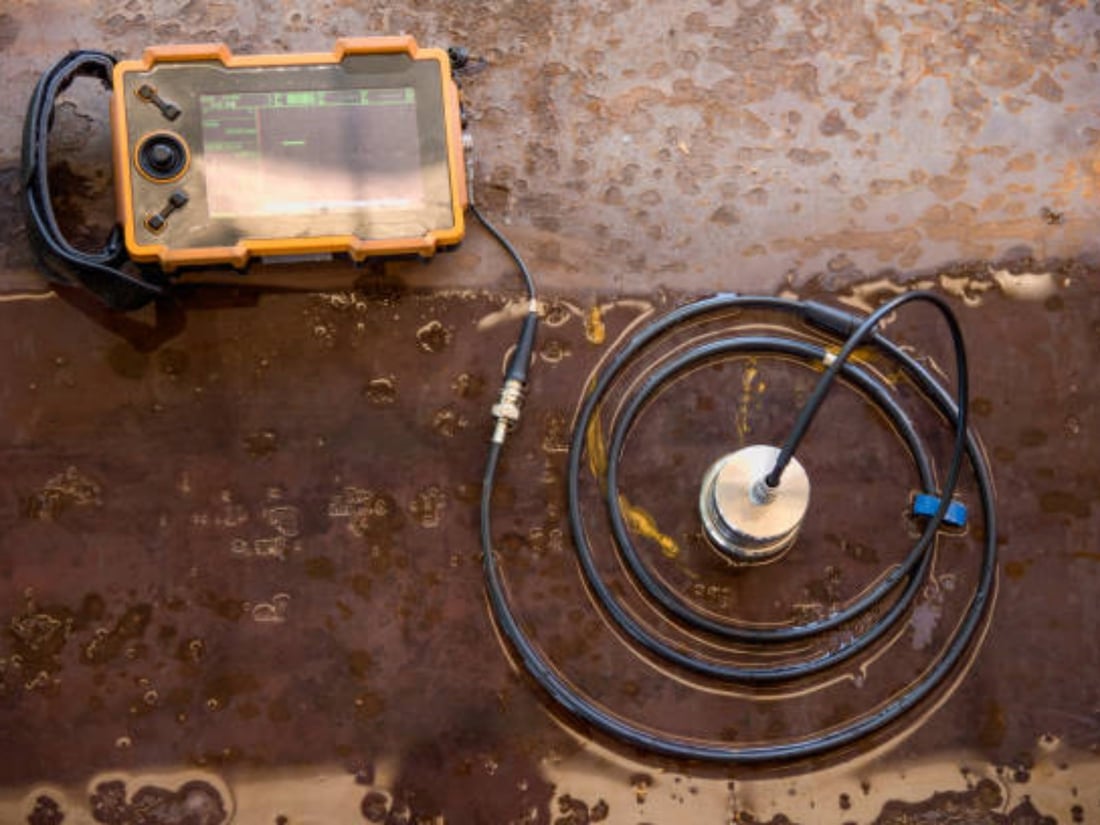A vibration measurement device is a tool used to measure and analyze the vibration levels of various mechanical systems. These devices play a crucial role in ensuring the smooth and efficient operation of machinery by detecting any irregularities or potential malfunctions.
Types of Vibration Measurement Devices
There are different types of vibration measurement devices available in the market, including handheld vibration meters, portable vibration analyzers, and online vibration monitoring systems. Each type serves a specific purpose and is designed to cater to the diverse needs of industries.
Benefits of Using Vibration Measurement Devices
By using vibration measurement devices, businesses can proactively identify and address potential issues with their machinery, reducing the risk of unexpected breakdowns and costly repairs. These devices also help improve overall equipment reliability, performance, and productivity.
Applications of Vibration Measurement Devices
Vibration measurement devices are widely used across various industries, including manufacturing, aerospace, automotive, and energy. They are used to monitor the condition of motors, pumps, turbines, bearings, and other critical components to ensure optimal performance and safety.
Importance of Regular Vibration Analysis
Regular vibration analysis using measurement devices can help detect early signs of equipment wear and tear, misalignment, imbalance, or bearing failure. This proactive approach enables companies to schedule maintenance activities strategically, minimizing downtime and enhancing operational efficiency.
Key Features to Consider in a Vibration Measurement Device
When choosing a vibration measurement device, it is essential to consider factors such as frequency range, sensitivity, accuracy, portability, data storage capacity, and software compatibility. These features ensure the device meets the specific requirements of the application.
Best Practices for Vibration Measurement Device Usage
To maximize the effectiveness of vibration measurement devices, users should follow best practices such as calibrating the device regularly, positioning the sensors correctly, setting appropriate measurement parameters, and interpreting the data accurately. Training and proper maintenance are also crucial.
Recent Technological Advancements in Vibration Measurement Devices
With advancements in technology, modern vibration measurement devices now offer features like wireless connectivity, cloud-based data storage, real-time monitoring, and predictive maintenance capabilities. These innovations empower businesses to make data-driven decisions and optimize their operational processes.
Challenges in Implementing Vibration Measurement Devices
Despite the numerous benefits of vibration measurement devices, businesses may face challenges such as high initial costs, lack of expertise in data analysis, integration with existing systems, and resistance to change. Overcoming these hurdles requires a strategic approach and commitment from management.
Future Trends in Vibration Measurement Devices
As industries continue to prioritize predictive maintenance strategies and digital transformation, the demand for advanced vibration measurement devices is expected to rise. Future trends may include AI-powered analytics, IoT integration, and enhanced user interfaces, making these devices more versatile and user-friendly.
Quote Inquiry
contact us

